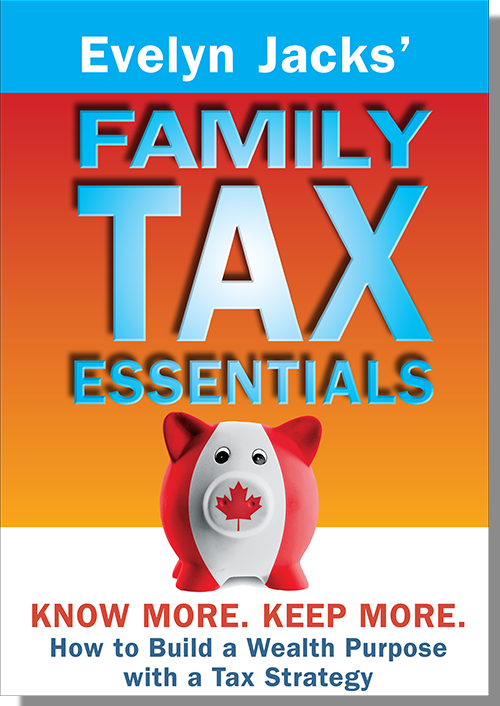Last updated: September 27 2016
Tax Tips: Separation and Divorce Have Tax Consequences

Statistically, over 40% of marriages will end up in divorce, however, there are likely many more not tracked by Statistics Canada. This is a costly life event.
Any existing financial problems are further exacerbated by legal costs, support obligations and increased household expenses; and things can get much worse when there is also trouble with the taxman.
It’s important to get tax and financial advice immediately, as soon as separation and divorce become a reality. When a couple separates, tax affairs will be “uncoupled,” with each person taxed as an individual, and their income and assets separated. This situation requires valuation and cost base planning as well as re-consideration of marginal tax rates on income. Clawback zones for various tax credits must also be recalculated.
 |
There may also be a new relationship with CRA from a tax remittance point of view. For example, spousal support is taxable, child support is not. Those receiving alimony, therefore, must save and remit quarterly instalment payments in many cases. It is a terrible surprise when taxpayers mistakenly think that spousal support, like child support, is tax exempt. All too often, they unwittingly fall into arrears for several years on their tax payments, also accumulating penalties and interest along the way, all of which quickly becomes the financial burden of the future. This unfortunate situation is completely avoidable.
Assets, in general, can be divided on a tax-free basis. A couple need not be legally or formally separated for their tax status to change; rather, the individuals are considered separated if they stop living together for a period of at least 90 days. Separation agreements should be formalized to enable tax deductible support payments.
Be sure to turn to a DFA-Tax Services Specialist™ or an MFA Retirement and Estate Services Specialist™ for help when discussing the drafting of legal agreements with lawyers.
Also, click here for more information on Knowledge Bureau’s Income Tax Estimator.
©2016 Knowledge Bureau Inc.






